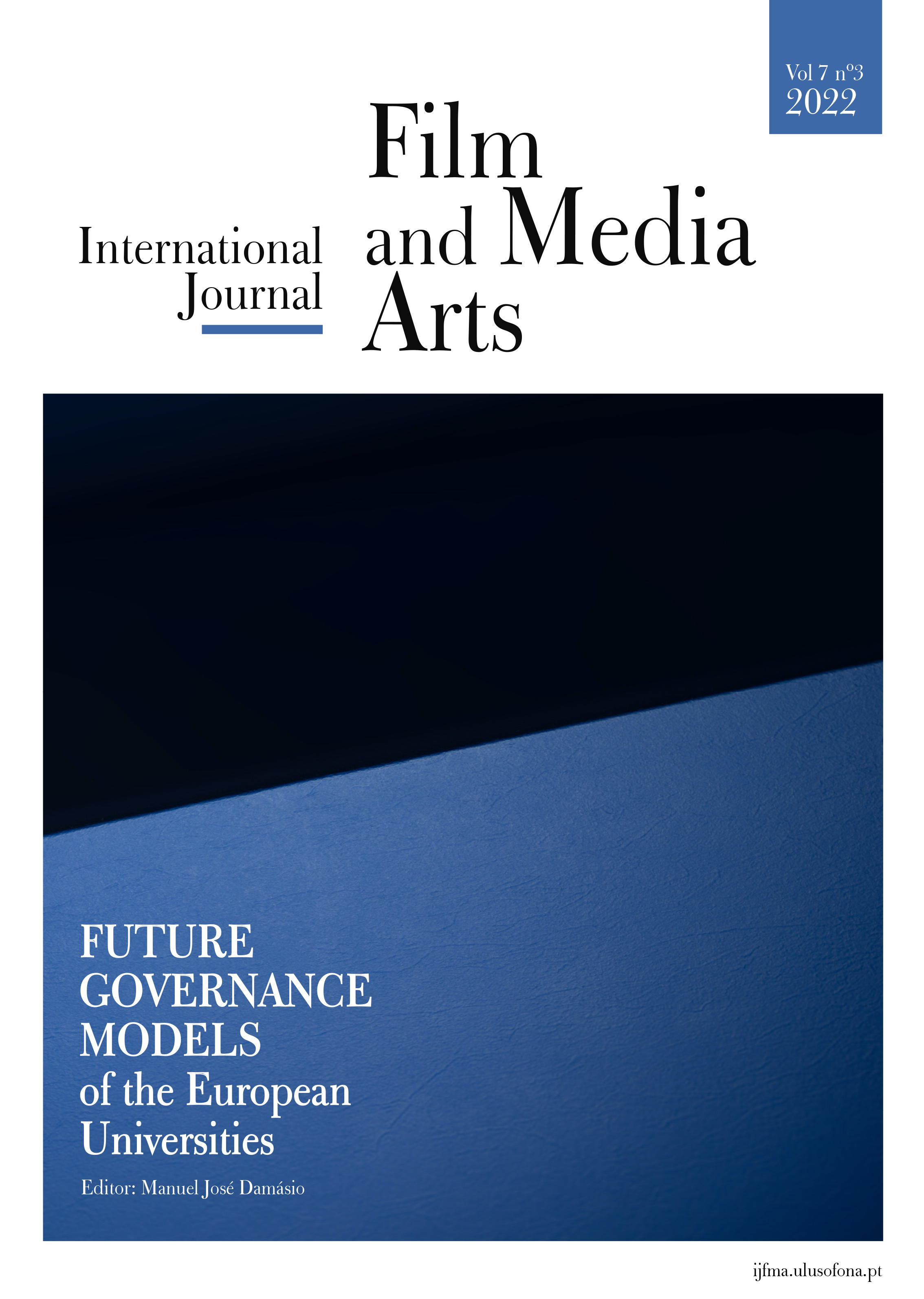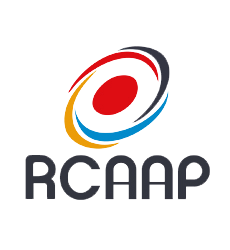The Path towards the European University in the Current EU Legal Framework: the Unita – Universitas Montium Experience
Abstract
The development of university cooperation at the European level is closely related both to the needs of the single market and to those of an economic and social cohesion functional to a more effective protection of the rights of European citizens.
The recent launch of EU university alliances is part of this framework, although the absence of legal instruments explicitly conceived for institutionalised cooperation could undermine the success of the action of alliances.
The EU competence in higher education is limited to the support, coordination, and supplement of member state actions (art. 6TFEU). The absence of a harmonising competence circumscribes the possibilities of EU intervention and especially prevents the provision of EU degrees which could replace national diplomas.
However, the allocation of funding allows policies capable of effectively influencing the systems of member states (see for instance the EU experience in common agricultural policies sector).
In this context, the limits of the existing tools could be almost partially overpassed by the adoption of new regulations or directives, to allow an institutionalised cooperation between universities.
The existing solutions offered by the EU legal system are not fully satisfactory, nonetheless, some of them could be useful: among these, the European Economic Interest Grouping (EEIG) is especially interesting.
Copyright (c) 2022 International Journal of Film and Media Arts

This work is licensed under a Creative Commons Attribution-NonCommercial 4.0 International License.











